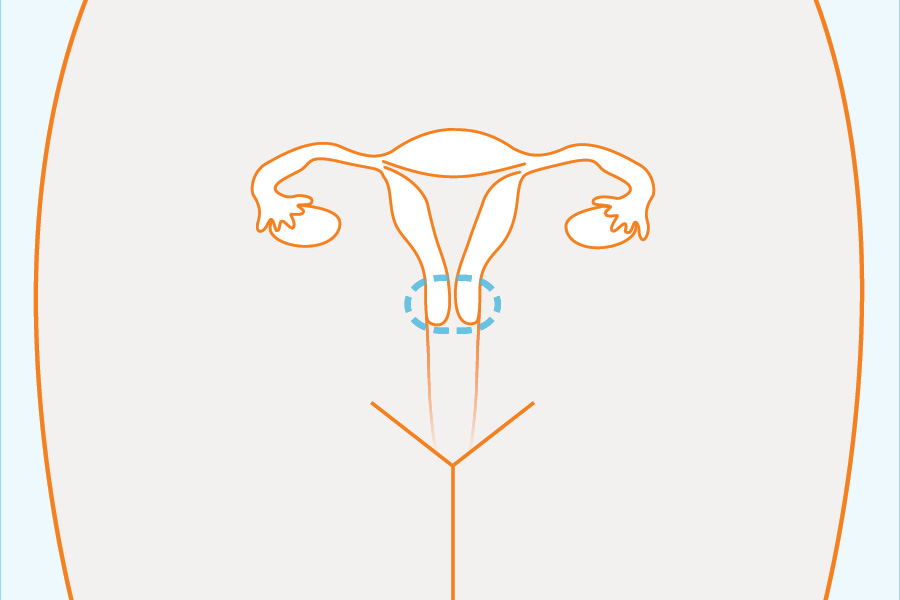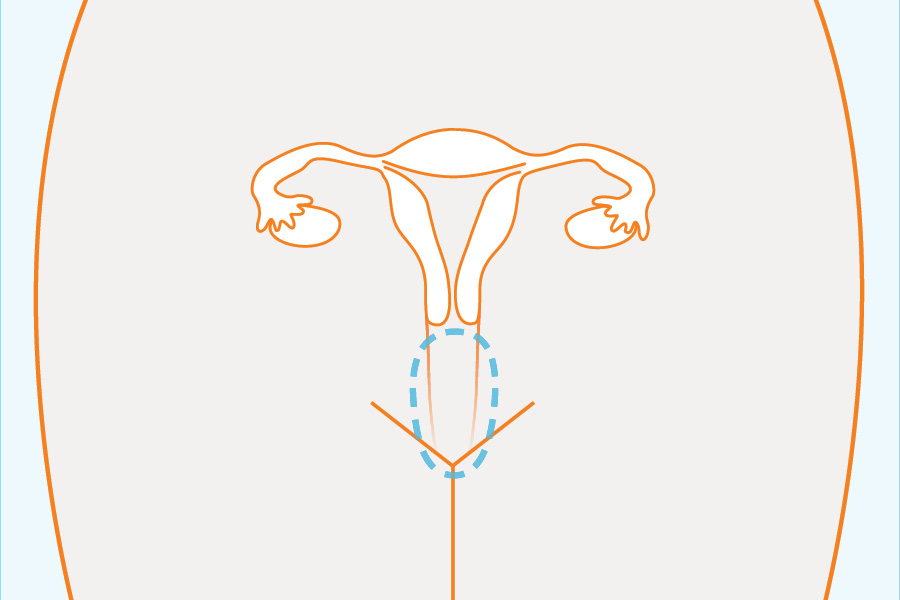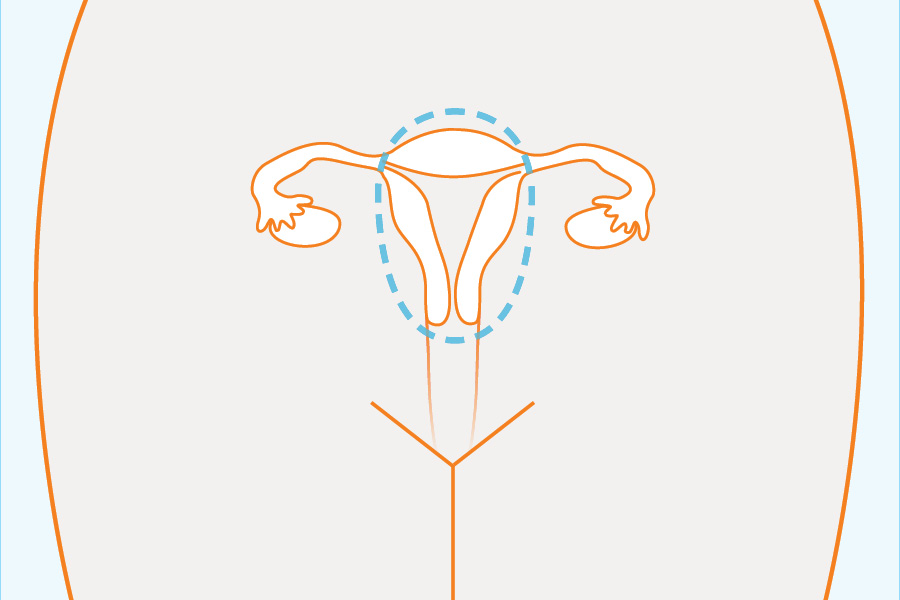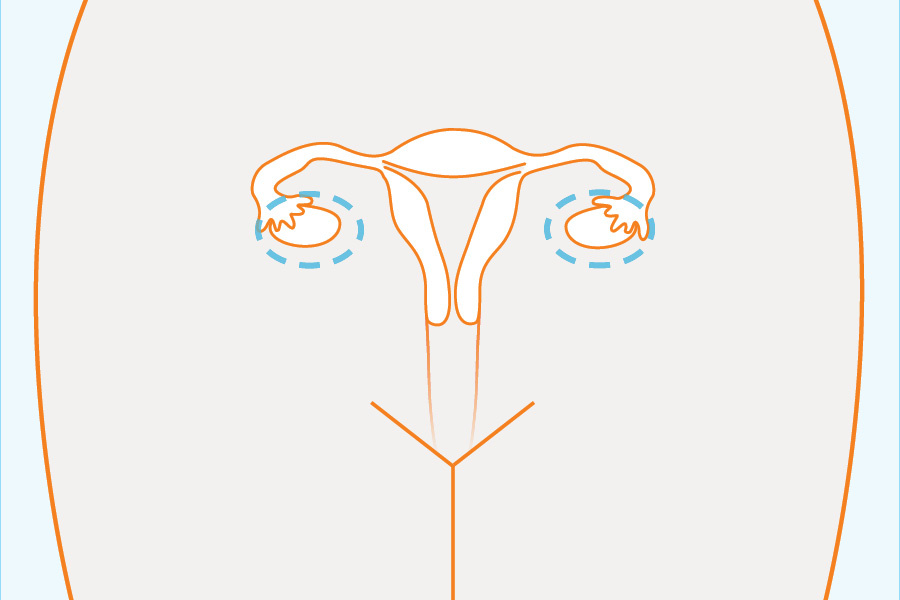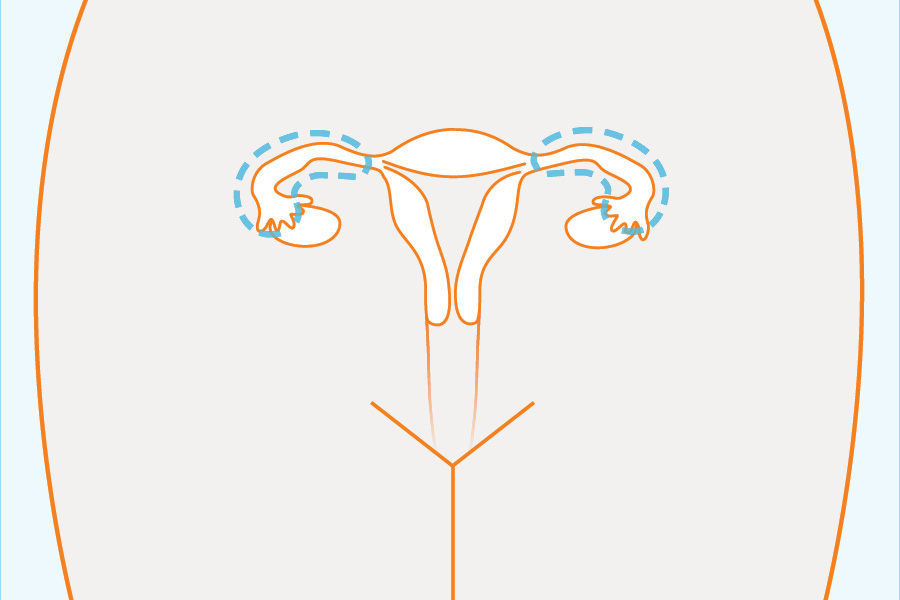The Basics
What is HIV / AIDS?
HIV is an infection caused by a virus called the Human Immunodeficiency Virus (HIV).
Without correct treatment, an HIV infection can cause AIDS (Acquired Immune Deficiency Syndrome).
How common is HIV?
About 1.1 million people in the United States have HIV. People have it in some places and among some populations more than others. For example, it is estimated that 2.7% of people in Washington D.C. have HIV.
Where does HIV live?
In males and females:
- Blood
In males:
- Semen (sperm/cum)
- Pre-cum (small amount of fluid that comes out of the penis before ejaculation)
In females:
- Vaginal fluids (fluid that comes out the vagina, particularly when a woman is aroused)
- Breast milk
HIV does not live in saliva. The HIV virus does not survive well outside of the body.
Symptoms and Disease
If I have HIV, will I develop symptoms?
Some people have symptoms right after they are infected with HIV, but many do not. Most people who do not take medication for HIV will get symptoms once they get AIDS. A small minority of people living with HIV (often referred to as "long term non-progressors") never develop symptoms.
What are the symptoms of HIV?
There are different symptoms at different stages of an HIV infection. The first stage where people can show symptoms is called "acute retroviral syndrome" and happens 2-4 weeks after infection.
For both males and females, the symptoms of acute retroviral syndrome are:
- Fever
- Night sweats
- Malaise(general feeling of discomfort)
- Swollen glands (swollen and tender in the neck, armpits, and groin)
- Skin rash
- Headache
- Diarrhea
- Sore throat
- Joint and muscle pain
People that develop AIDS have different symptoms. These show up 5-10 years after HIV infection, if the person does not get treated.
For both males and females, the symptoms of AIDS are:
- Weight loss that happens quickly
- Dry cough (nothing comes up with the cough)
- Fever or night sweats
- Intense and unexplained fatigue (feeling very tired)
- Frequent/severe infections
- Swollen glands (swollen and tender in the neck, armpits, and groin)
- Diarrhea that lasts for more than a week
- White spots or unusual marks on the tongue, in the mouth, or in the throat
- Pneumonia (infection of the lungs)
- Red, brown, pink, or purplish spots on or under the skin or inside the mouth, nose, or eyelids
- Memory loss, depression, and other neurological disorders
- Severe or recurring vaginal yeast infections
- Bruising more easily than normal
These symptoms can be caused by other illnesses, so the only way to know if you are infected with HIV is to get tested.
How quickly do the symptoms of HIV develop?
Acute retroviral syndrome appears in the first 2-4 weeks after infection. When HIV is left untreated, AIDS-related symptoms usually develop in 5-10 years. For some people the symptoms can develop as quickly as a few months or as long as 15 years after infection. Because HIV usually progresses to AIDS slowly, some people infected with HIV do not know they have the infection for many years.
What can happen if I don't get treated for HIV?
If you don't get treated for an HIV infection, you can develop AIDS. AIDS causes serious health issues, and can lead to death. You are also more likely to spread the virus to other people if you don't get treated.
Transmission
How is HIV spread?
HIV can be spread:
- During vaginal sex (both partners)
- During anal sex (both partners)
- From mother to child through birth or breastfeeding
- Through shared syringes
- During oral sex (though this is rare)
HIV is more likely to spread if one or both partners has another STD. People living with HIV who are on medication can still give other people HIV.
How can I prevent getting HIV?
There are several things you can do to prevent getting HIV:
- If you have vaginal or anal sex, use a latex male condom or female condom (used correctly, condoms prevent the spread of HIV 98-100% of the time)
- If you have oral sex, use condoms or a latex or plastic barrier
- Avoid direct contact with body fluids (blood or any fluid containing blood)
- Don't share needles if there's a chance they might be infected
For more tips, visit our Protect Page.
If I have HIV, how can I prevent giving it to someone else?
There are several things you can do to prevent giving someone else HIV:
- Get treated, HIV medication will lower your viral load and reduce the chances that you spread the virus
- If you have vaginal or anal sex, use a latex male condom or female condom
- If you have oral sex, use condoms or a latex or plastic barrier
- Avoid direct contact with body fluids (blood or any fluid containing blood)
- Don't share needles
- Join a needle exchange program
For more tips, visit our Protect Page.
Can I still infect other people with HIV if I don't have symptoms?
Yes. You are most likely to spread HIV in the first three months after infection. This usually before you have symptoms and before the infection is detectable by tests.
Am I more infectious with HIV at certain times?
Yes, you are more likely to spread HIV when you have a high viral load in your blood. This occurs in the first three months after infection, before your body has had a chance to fight back, and later in the disease if you develop AIDS. Medication for HIV can lower your viral load and decrease the chance you will infect others.
Tests, Results, & Treatment
How long do I have to wait to get tested for HIV?
A nucleic acid test (or, RNA test) can detect an HIV infection 9-11 days after you get the virus.
Antibody tests, which are used more often, can detect HIV three months infection with the virus. For some people, it might take up to 6 months to produce enough antibodies (materials that the body makes in response to an HIV infection) for the antibody test to work.
How do you test for HIV?
Antibody test: Most HIV tests are antibody tests that use blood (from a vein or a finger stick) or oral fluid. These tests look for material (called antibodies) that your body produces to help fight an HIV infection. If you have a positive (sometimes called "reactive") test, you will need to have more tests.
RNA test: The RNA test looks for the actual virus in your blood. These tests are more expensive and less commonly used than antibody tests. They might be used if you have symptoms of "acute retroviral syndrome" or if you think you may have been infected in the past 3 months.
How long do I have to wait for my HIV test results?
Antibody test: "Rapid tests" can have results in about 10-20 minutes , while others (called "EIA" or "enzyme immunoassay") that are sent to a lab may take up to 2 weeks.
RNA test: RNA tests are sent to a lab for testing. Results usually a few days to a few weeks, depending on the lab.
Where can I get tested for HIV?
You can get tested at a doctor's office. You can also go to a clinic that tests for HIV. See our Test Page to get more information and search for clinics near you.
Is HIV curable?
No, there is no cure for HIV. Treatment may be able to lower your viral load. This will lower your chance of spreading the virus to others and developing AIDS or opportunistic infections (meaning bad infections with other diseases).
What is the treatment for HIV?
You need to talk about treatment options with a doctor. If you have HIV will get medication called "antiretroviral therapy" (ART). ART will not cure the infection, but will slow your progression to AIDS.
Can I use medication I already have to treat HIV?
No. You should only use medication that your doctor tells you to take. If your medication is old or the wrong type, it may actually damage your body and make you sicker.
Can I share my HIV medication with my partner?
No. Everyone with HIV reacts differently to medication. Medication that works for you may not work for your partner. It is also dangerous to take HIV medication that has not been prescribed to you.
Partner Notification
Should I tell my partner(s) if I have HIV?
Yes, it is important that you notify all your current and past at-risk partners if you feel safe doing so.
Your health department can help you notify your partners if you want to do it anonymously (without them knowing that it was you).
In the future, you also should probably tell anyone you have sex with that you have HIV before you have sex, although there is an active debate about this for people with low viral loads.
In some states, you can go to prison if you know you have HIV and you don't tell your partners before having sex with them.
Who should I tell if I have HIV?
There are no official rules for this. People will have different opinions on who you should notify. Here is what we suggest:
Past Partners: We recommend that you notify anyone that you've had sex with since before 6 months of your last negative HIV test up until your current diagnosis. It takes a while for a test to be positive even if you have been infected, so you may have been infected and/or infected others before your last negative test. You are most infectious when you get the virus, so it is especially important to tell anyone that you slept with around the time that you were infected.
Current Partners: We recommend that you tell your current partners.
Future Partners: It is a good idea to tell your future partners that you have HIV before you have sex with them. It's not an easy thing to do, but if the person who infected you knew they had the virus, would you have wanted them to tell you before sex?
Recent studies have shown that if you have a really low viral load, the chances of infecting someone else with HIV are lowered. But having a doctor tell you that you have a low viral load doesn't necessarily mean you can't infect anyone. It is hard to know your viral load at the time that you are having sex, and it might be possible to spread HIV even if it is really low. Taking medication to reduce your viral load and wearing a condom will definitely make it hard to infect others with HIV, but it is still important to think about what your partner's would want to know before having sex with them.
That's a lot of people to notify. Which of my partners are most at risk for HIV?
We recommend that you tell your current partners and anyone that you had sex with in the year before you found out that you have HIV. Also, consider telling anyone that you have sex with in the future if you don't know how high your viral load is. Make sure to talk to you doctor about partner notification for HIV.
Resources Online
- Centers for Disease Control (CDC)
- AIDS.gov
- Planned Parenthood
- American Sexual Health Association
- AIDS Info

